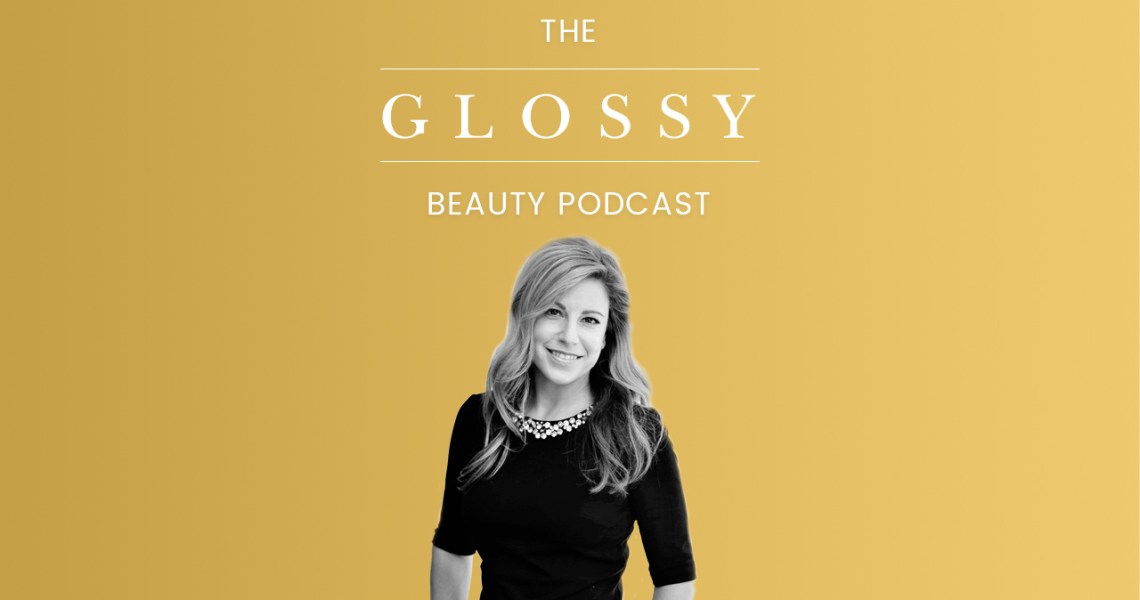Subscribe: Apple Podcasts | Stitcher | Google Play | Spotify
Korean-based and -inspired beauty companies expanded rapidly in the U.S. and globally in the last few years, but AmorePacific turned to e-commerce sooner than others, a saving grace in this coronavirus climate.
“E-commerce was already very top of mind for us. This just sped that up. Right now, our penetration of our own brand dot coms has already doubled for year to date,” Jessica Hanson, the company’s U.S. president and general manager said on the Glossy Beauty Podcast. ”
In the U.S., Amorepacific sells its portfolio brands Amorepacific, Laneige, Sulwhasoo, Innisfree, Mamonde, Primera and IOPE. The company closed all 10 of its brick-and-mortar Innisfree stores in the U.S. on March 17, the same day as Sephora, where five of its brands are sold.
And though the pandemic has halted those retail sales, Hanson said that customer loyalty is strong enough to keep sales afloat, especially on the domestic front. “The biggest piece of the luxury business has been in that traveler. And that’s what is lost right now,” Hanson said. “The level of travel is just not happening anywhere in the globe. But domestic sales have not shifted.”
Here are a few highlights from the conversation, which have been lightly edited for clarity.
The K-Beauty POV on self care
“First it was a trend, now it’s sizable enough where it is unique. It has some elements to it that have helped us be able to tell the story about the rituals and how Korean women have taken care of their skin. They’ve been all about self-care. It’s not been a side thing that you do. It’s not materialistic or something you do as a reaction. It’s really ingrained throughout their life, and they learn very young how to take care of their skin. We have a lot of language around that. I do think we’ve shifted a little bit: the time people have now, how do they want to spend it? Cleansing has trended up tremendously, and the Korean double cleanse is one of the most effective ways to cleanse your skin.”
Ad position: web_incontent_pos1
Loyalty means sales are surviving
“Those who were already very interested or purchasing, they were already in the market. They’re staying in the market. That’s what we’re seeing from China and Korea. The only challenge right now in those countries — and it is here too, but it’s less part of our business in the U.S. — is travel retail. The biggest piece of the luxury business has been in that traveler, and that’s what is lost right now. The level of travel is just not happening anywhere in the globe. But domestic sales have not shifted. They weren’t just one day using AmorePacific and the next day using a drug store brand or something found at Target. They’re staying in the market.”
Controlling what you can control
“E-commerce was already very top of mind for us. This just sped that up. Right now, our penetration of our own brand dot coms has already doubled for year to date 2020 versus 2019. I’ve always said it’s the channel that we can control. We can understand our customer, we can build loyalty, we can offer things that we just can’t when we’re working in the wholesale way, so I think that’s the major opportunity. It’s an opportunity and a challenge. I think companies like Nordstrom and Neiman’s, Bloomingdale’s and Sephora and Ulta, they absolutely are necessary and part of the whole ecosystem. But I think they also understand that everybody’s going to have to shift. We can’t control that part, but I can control what happens in my own environment. We were already. I’ll say, in this omni-channel approach, trying to figure out what are the priorities and how do we feed them — now it’s become a little bit clearer.”




